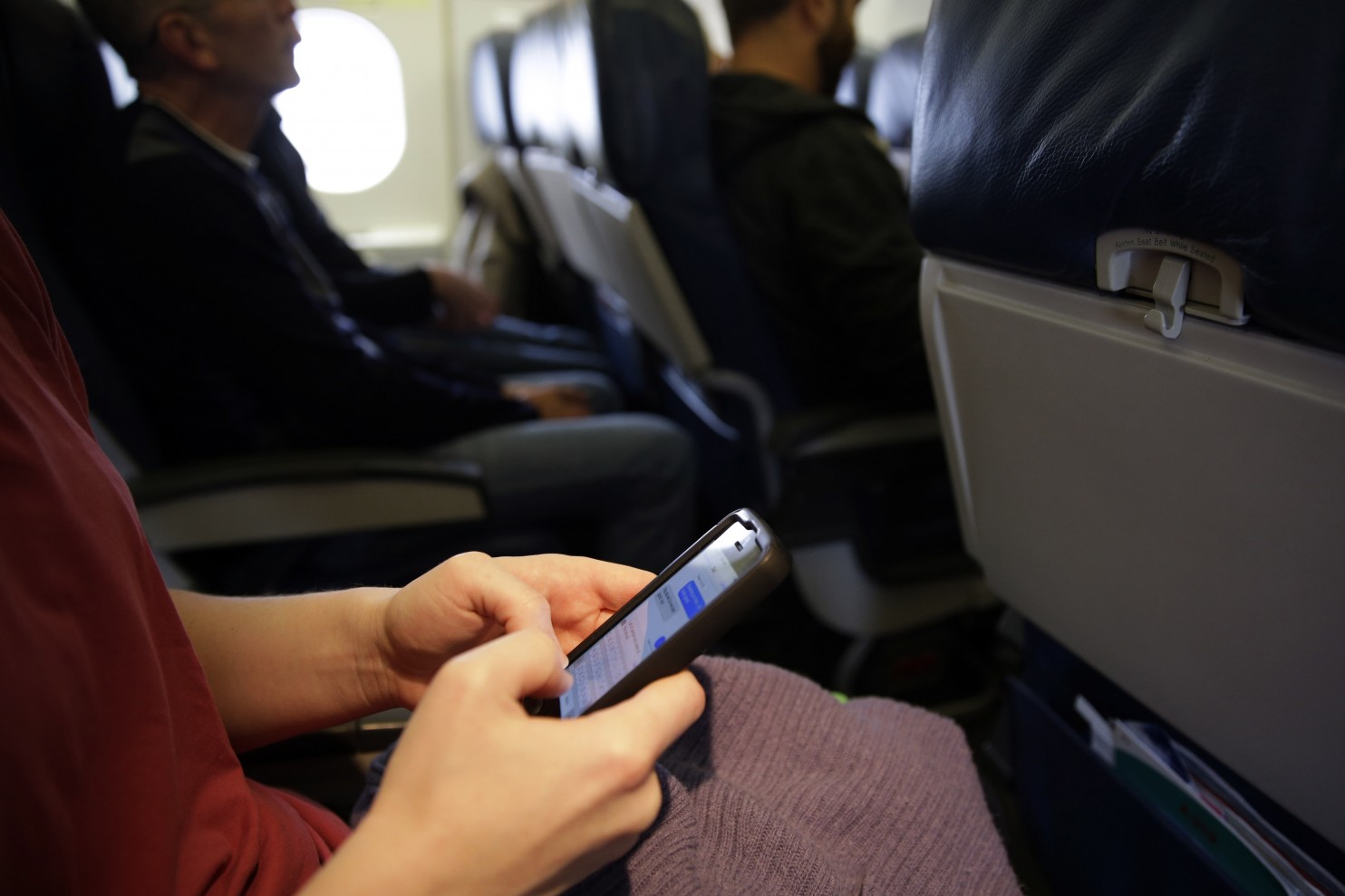What is your privacy worth? Most people would say A LOT!
According to Craig Timberg, Verizon and AT&T have been quietly tracking the Internet activity of more than 100 million cellular customers with what critics have dubbed “supercookies.” These supercookies cannot be erased and can even get around the “private” or “incognito” settings on your cell phone. Your interests and tastes and patterns of Internet visits are worth a lot to companies and may even be worth more to a wide range of outsiders — including intelligence services.
One civil liberties group, the Electronic Frontier Foundation, says it has raised its concerns with the Federal Communications Commission (FCC) and is contemplating formal legal action to block Verizon.
Questions:
1. Discuss the benefits of the “opt in” versus the “opt out” permissions. Who benefits in each case and what are the risks involved?
2. What is the process known as “de-anonymizing” a user? Discuss the risks and ethical implications of this.
3. What implications could this have for the accounting information and the accounting profession?
4. What are some of the legal issues and Acts that are potentially being violated by these supercookies?
5. If the courts find that the notification efforts by Verizon and AT&T were not adequate, how might they determine the valuation of damages to consider?
6. Based on your answer in #5, if either company faced damages due to a violation of laws, should this be reported in the annual report and where?
Source:
Timberg, C. (2014). Verizon, AT&T tracking their users with ‘supercookies.’ The Washington Post, Nov. 3 (Retrievable online at http://www.washingtonpost.com/business/technology/verizon-atandt-tracking-their-users-with-super-cookies/2014/11/03/7bbbf382-6395-11e4-bb14-4cfea1e742d5_story.html?hpid=z4)












